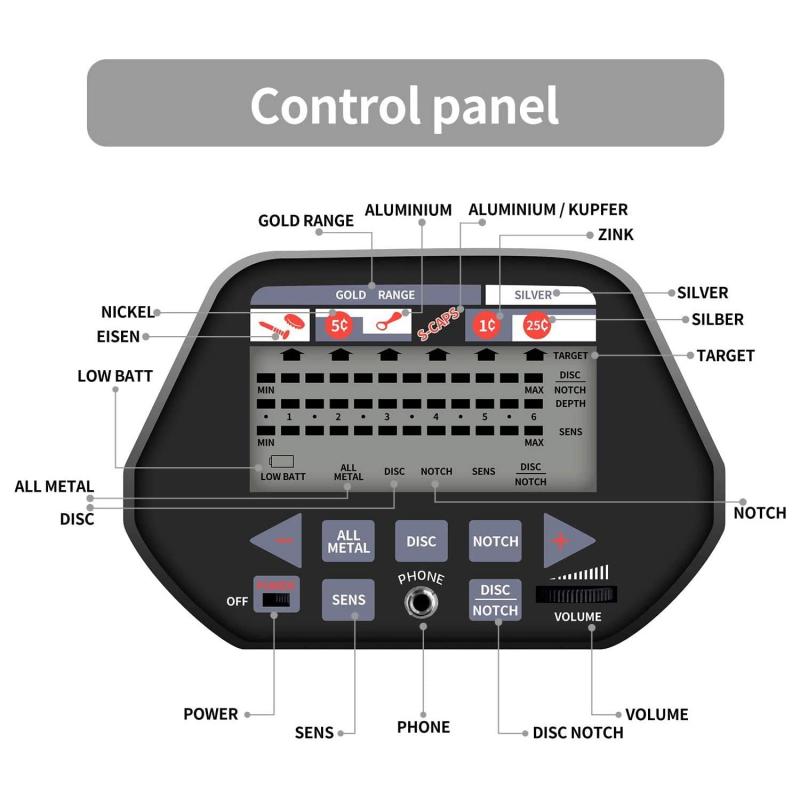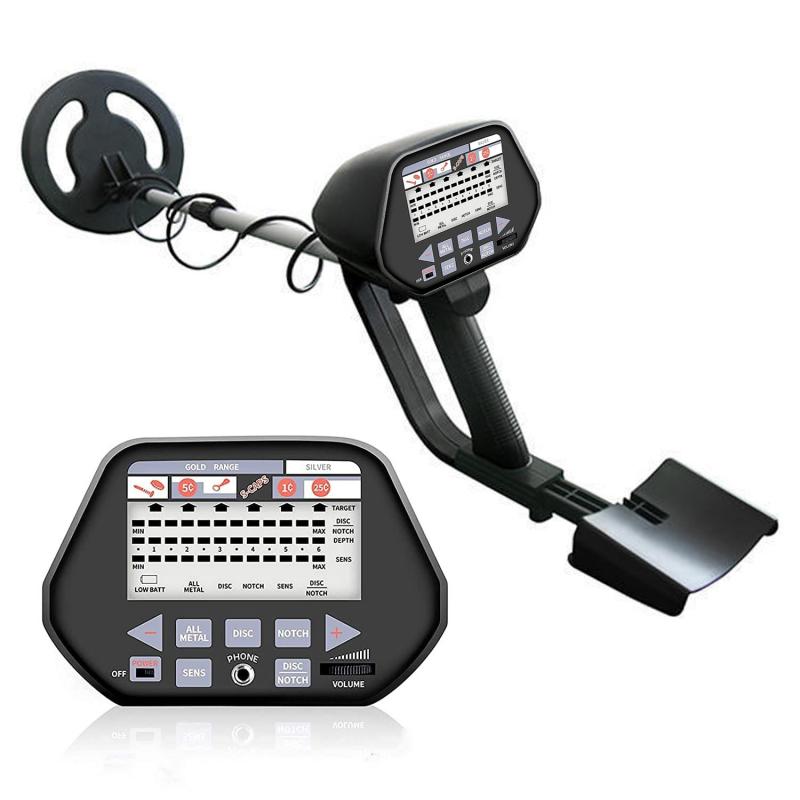Can You Find Gold With A Metal Detector?
Metal detecting is a popular hobby that has captured the imagination of many treasure hunters around the world. The allure of finding hidden treasures, including gold, has driven enthusiasts to invest in metal detectors and spend countless hours scouring beaches, parks, and historical sites. But can you really find gold with a metal detector? The answer is yes, but it comes with several caveats and considerations. In this article, we will explore the practical aspects of finding gold with a metal detector, the types of metal detectors best suited for this purpose, and tips for increasing your chances of success.
Understanding Metal Detectors

Metal detectors work by emitting an electromagnetic field from the search coil into the ground. When this field encounters a metallic object, it induces an electric current in the object, which in turn creates its own electromagnetic field. The detector's coil senses this secondary field and alerts the user to the presence of metal. Different metals produce different signals, allowing the detector to distinguish between various types of metal.
Types of Metal Detectors

There are several types of metal detectors, each with its own strengths and weaknesses. The three main types are:
1. Very Low Frequency (VLF) Detectors: These are the most common type of metal detectors and are known for their versatility. They are effective at detecting a wide range of metals, including gold. VLF detectors operate at frequencies between 3 kHz and 30 kHz. Higher frequencies are more sensitive to small gold nuggets, while lower frequencies are better for detecting larger, deeper objects.
2. Pulse Induction (PI) Detectors: PI detectors are less common but are highly effective in mineralized soils, which are often found in gold-bearing areas. They operate by sending short pulses of current through the coil, which generates a magnetic field. PI detectors are excellent at ignoring ground mineralization and can detect gold at greater depths than VLF detectors.
3. Multi-Frequency Detectors: These detectors can operate on multiple frequencies simultaneously, offering the advantages of both VLF and PI detectors. They are versatile and can be used in a variety of environments, making them a good choice for gold prospecting.
Factors Affecting Gold Detection

Several factors can influence your success in finding gold with a metal detector:
1. Soil Composition: Gold is often found in mineralized soils, which can interfere with the detector's signal. PI detectors are better suited for these conditions, as they can filter out the mineralization and focus on detecting gold.
2. Size and Depth of Gold: Smaller gold nuggets are harder to detect than larger ones, especially if they are buried deep underground. High-frequency VLF detectors are more sensitive to small gold, while PI detectors can detect larger nuggets at greater depths.
3. Location: Gold is not evenly distributed across the landscape. Researching historical gold-producing areas and understanding the geology of the region can significantly increase your chances of finding gold.
4. Detector Settings: Properly tuning your metal detector is crucial for maximizing its performance. This includes adjusting the sensitivity, discrimination, and ground balance settings to suit the specific conditions of your search area.
Tips for Finding Gold with a Metal Detector

1. Research and Planning: Before heading out, spend time researching areas with a history of gold production. Look for old mining sites, riverbeds, and areas with exposed bedrock. Historical records, maps, and local knowledge can provide valuable insights.
2. Use the Right Equipment: Invest in a metal detector that is specifically designed for gold prospecting. While general-purpose detectors can find gold, those designed for gold detection have features that enhance their performance in gold-bearing areas.
3. Practice Patience and Persistence: Finding gold is rarely a quick or easy process. It requires patience, persistence, and a willingness to spend hours, days, or even weeks searching. The more time you invest, the higher your chances of success.
4. Learn to Read the Ground: Understanding the geology of your search area can help you identify promising spots. Look for signs of mineralization, such as quartz veins, black sand, and ironstone. These indicators can point to the presence of gold.
5. Dig Everything: When searching for gold, it's important to dig every signal, even if it seems weak or inconsistent. Small gold nuggets can produce faint signals that are easy to overlook.
6. Join a Community: Metal detecting clubs and online forums can be valuable resources for learning and sharing information. Experienced detectorists can offer tips, advice, and encouragement.
Common Challenges and Solutions
1. Mineralized Soil: Mineralized soil can cause false signals and make it difficult to detect gold. Using a PI detector or a VLF detector with good ground balance capabilities can help mitigate this issue.
2. Trash and Junk: In many areas, you will encounter a lot of trash and junk metal. Using the discrimination feature on your detector can help filter out unwanted targets, but be cautious, as it can also cause you to miss small gold nuggets.
3. Weather Conditions: Extreme weather conditions, such as heavy rain or scorching heat, can make metal detecting uncomfortable and less effective. Plan your trips during favorable weather conditions and always be prepared with appropriate gear.
4. Legal Restrictions: Always check the local regulations and obtain any necessary permits before metal detecting. Some areas, such as national parks and private property, may have restrictions on metal detecting.
Finding gold with a metal detector is a challenging but rewarding endeavor. With the right equipment, knowledge, and persistence, you can increase your chances of uncovering this precious metal. Remember to research your locations, use a suitable metal detector, and practice patience. While the journey may be long and filled with obstacles, the thrill of discovering gold makes it all worthwhile. Whether you're a seasoned detectorist or a beginner, the quest for gold offers an exciting adventure and the potential for great rewards.

There are no comments for this blog.